Fallen King, Faithful Word - 1 Samuel 31
Today we find ourselves at the end of 1 Samuel. In case you’re wondering, 1 and 2 Samuel was one continuous document in the Hebrew Bible, but for practical reasons, when it was translated into the Greek, the Greek translation took up more space, which is why it was eventually divided in two as we know it today.
And I bring that up because this is where they divided it — on an incredibly tragic note. The battle of Gilboa is the battle that the Philistines and Israel have been gearing up for for the last few chapters.

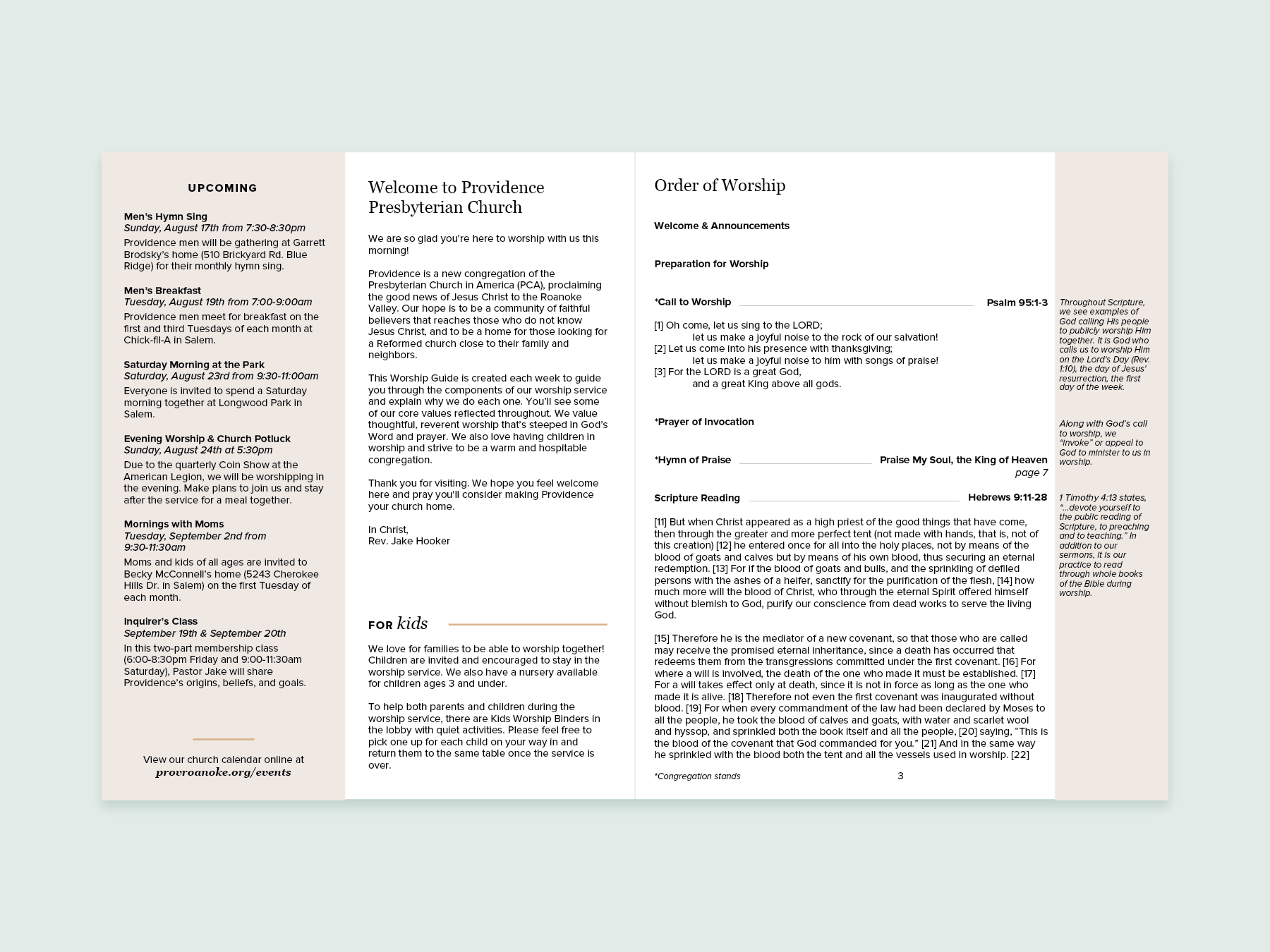
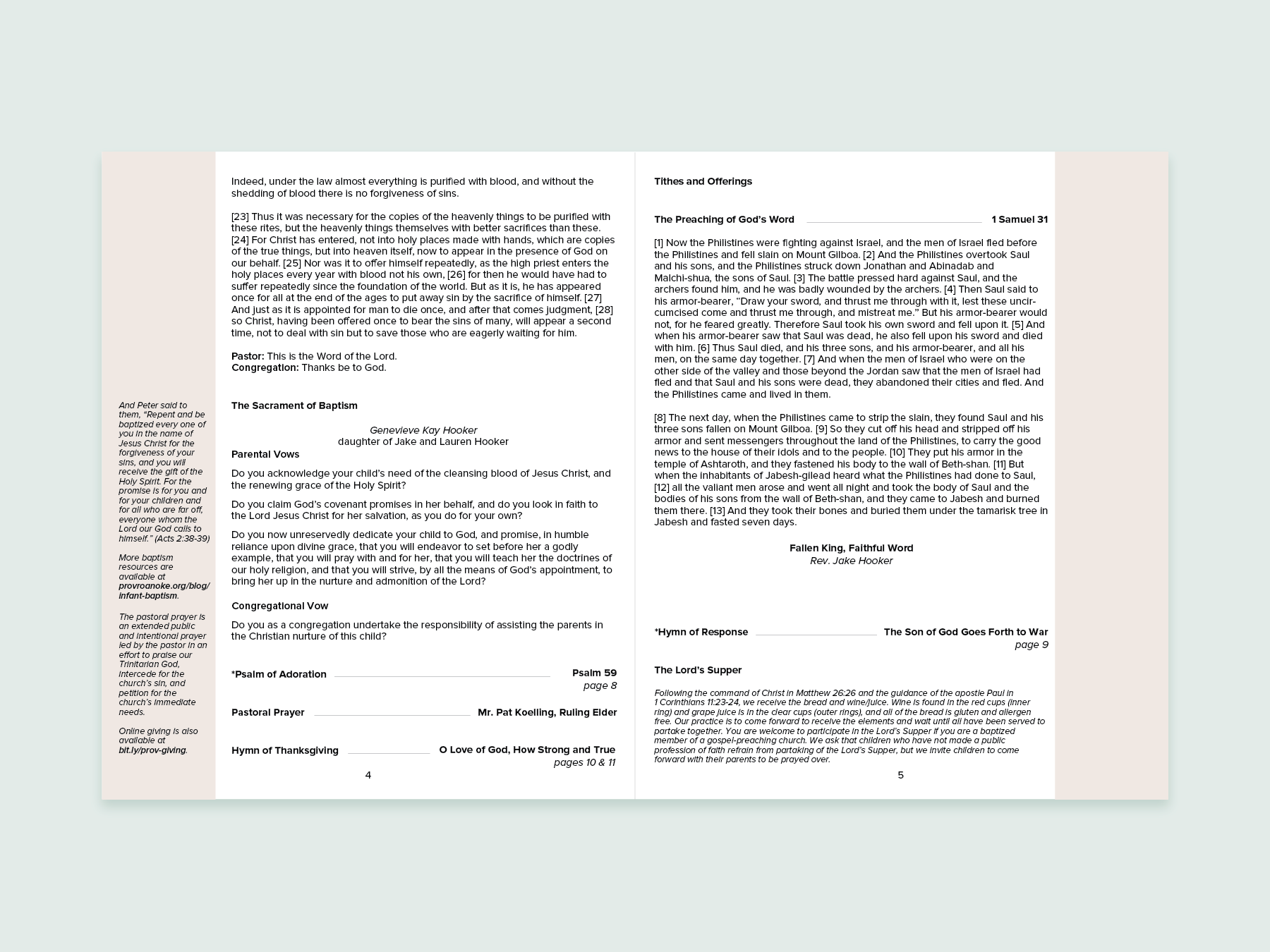
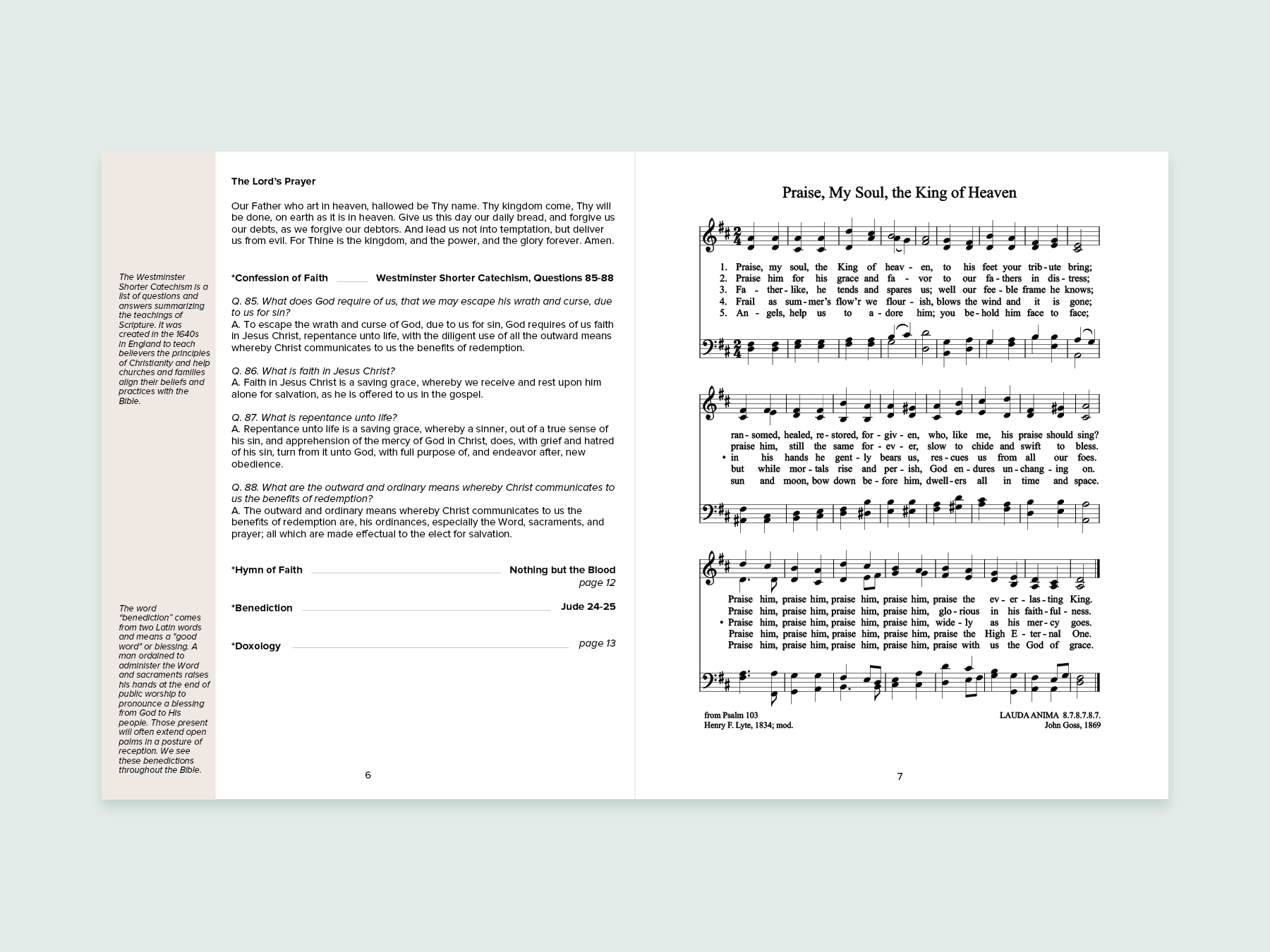
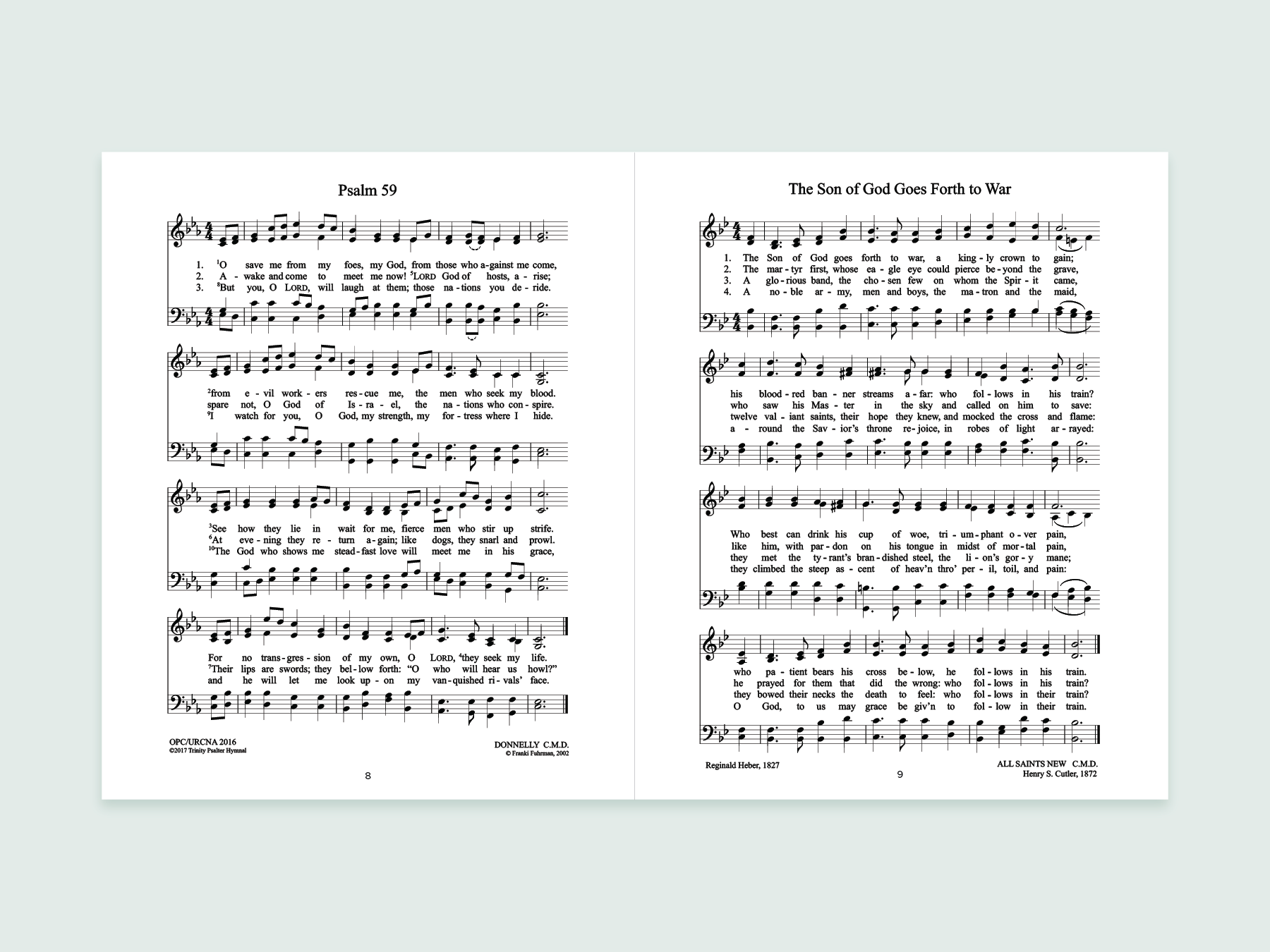
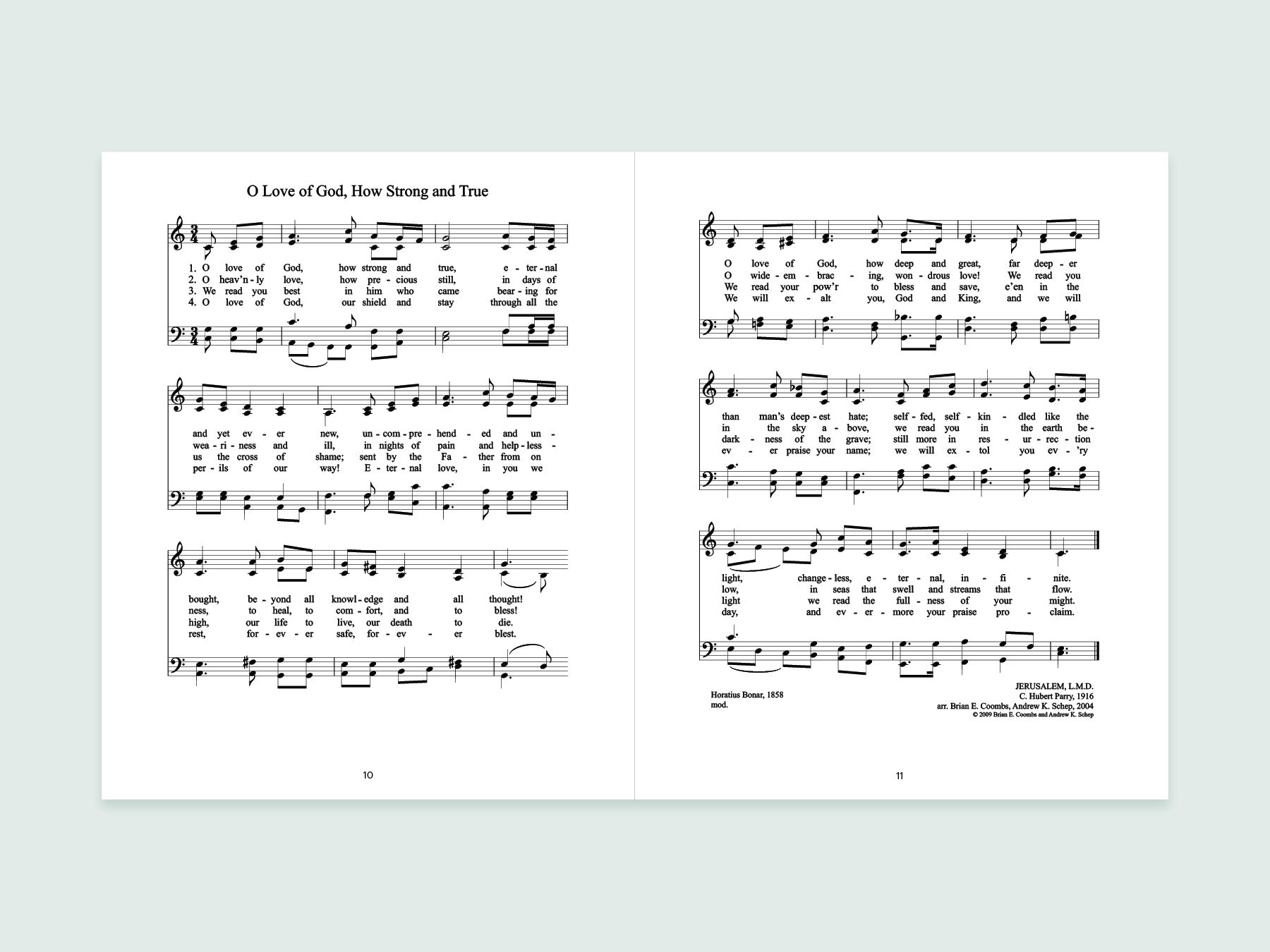
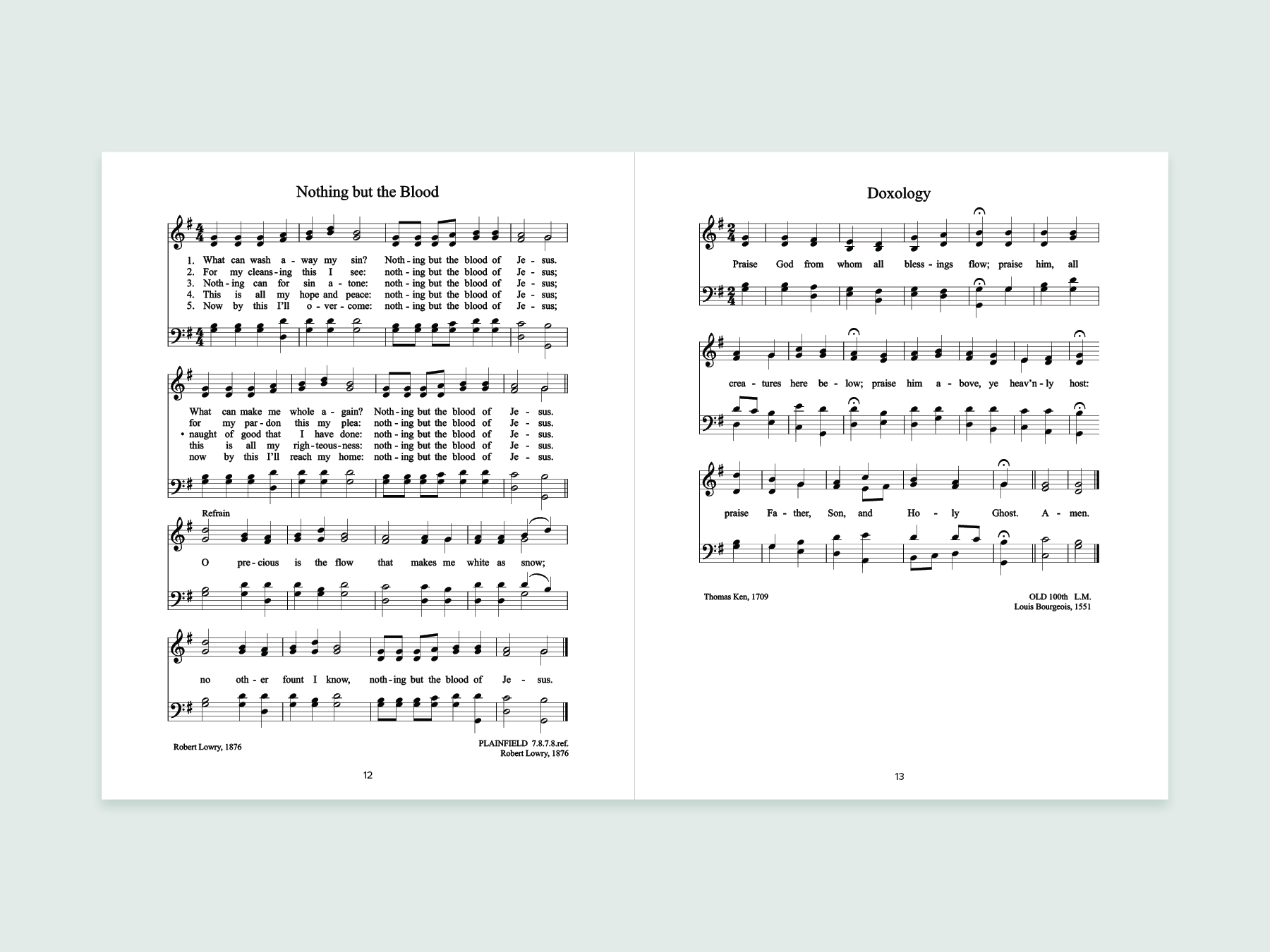

The big news that comes out of the battle of Gilboa is that Saul and his sons are killed in action. We were told this was going to take place – these events were long prophesied. In chapter 13, Saul was warned that he would eventually lose the kingdom. Then in chapter 15 he was told that the kingdom would be ripped from him and given to another. And then in chapter 28, Saul was told that he’s going to die in battle.
So everything has been building up to this moment, which is the consequence of Saul's continued, persistent, disobedience and rejection of the Lord.
Which of course should serve as a warning to all of us this morning! It doesn’t matter if you ignore, dismiss, or resist God’s Word, because His Word will stand no matter what. As Rick Phillips said, “Sadly, Saul’s life was a bitter record of God’s way forsaken and God’s pardon forfeited by his refusal to repent.” If you’re taking notes this morning, we’ll be looking at our passage in three parts: first we see that God’s Word is unshakable, second, rejecting God’s Word brings shame, and yet, as we’ll see, God’s plan will prevail.
If you’re taking notes this morning, we’ll be looking at our passage in three parts: first we see that God’s Word is steadfast, second, rejecting God’s Word brings shame, and yet, as we’ll see, God’s plan will prevail.
God’s Word is steadfast
Everything is coming to its tragic end here in 1 Samuel 31. In verses 1 and 2 we’re told that the Philistines have routed the Israelites and that, “Jonathan and Abinadab and Malchi-shua” have all been struck down by the Philistines.
And much of this chapter is a sort of play-by-play of Saul’s death. He was badly wounded by the archers. He was afraid that if he lived he would be mistreated by the Philistines so he wanted to end his life. He asked his armor bearer to kill him but he wouldn’t and so he ended up taking his own life.
It’s probably one of the more humiliating ways to die.
But we knew this was coming. When Saul visited the Medium at En-dor, Samuel prophesied that he and his sons would all lose their lives at the battle of Gilboa. And now what was prophesied in chapter 28 is finding its fulfillment here in chapter 31.
Chapter 31 is the somber closing chapter of Saul’s life. The battle with the Philistines ends in tragedy, not only for Saul but for Israel. But the real story here is not just the sad circumstances of his death—it’s that everything happened exactly as God had said it would. The kingdom is torn from Saul, his reign brought to an end, and David will rise to the throne. None of this is a surprise. It is the steady unfolding of God’s Word.
For years, Saul had ignored, dismissed, and even outright rejected God’s Word. He listened selectively—embracing God’s Word when it served him, twisting it when it suited him, and discarding it when it opposed his desires. But now, what God declared has come to pass.
Here’s the central reminder for us: ignoring, dismissing, or even rejecting God’s Word does not make it any less true. There’s nothing we can do to cancel it, edit it, or render it void. We may delay obedience; we may pretend it doesn’t apply to us; we may convince ourselves we’ve found a clever loophole—but in the end, “the grass withers, the flower fades, but the Word of our God will stand forever” (Isa. 40:8).
I can’t tell you how many times I’ve seen this play out in life. Sometimes it’s in my own home—navigating parenting challenges, or walking with a friend through a season of grief—and suddenly a verse or passage comes to mind. And I think to myself, “That’s why God put that in there.” His Word isn’t abstract; it’s specific, concrete, and it’s always relevant.
The truth is, God’s Word is an all-or-nothing reality. We cannot treat it like a buffet line, picking and choosing the parts we like while leaving the rest untouched. That was Saul’s problem. He liked God’s Word when it brought him victory, honor, or affirmation. But when God’s commands called for self-denial, repentance, or humility, Saul acted as if they were optional.
That temptation is alive and well today. We lean heavily on certain promises—especially the ones that comfort us—but grow quiet or evasive around the ones that challenge us. And in doing so, we can begin to believe a dangerous lie: that God’s Word is only as true as we decide it to be. That’s a form of what theologians call “neo-orthodoxy,” where truth is treated as subjective—what’s true for me, may not necessarily be true for everyone.
The problem with that view is massive: it removes the authority of Scripture from God and places it in our hands. Suddenly, we are the judges over His Word. We decide what counts. But that’s not how God’s Word works. Scripture doesn’t need our stamp of approval. Psalm 119:89 says, “Forever, O Lord, your word is firmly fixed in the heavens.” Isaiah 55:11 promises that His Word will accomplish exactly what He sends it to do—without fail, without exception.
And that’s exactly what we see here. Saul’s repeated rejection of God’s Word—despite multiple warnings—did not nullify God’s plans. In the end, God’s Word still stood.
What we see here is both a warning and a comfort. It is a warning to all who think they can sidestep God’s commands or reinterpret them to fit their own desires. Saul’s end was not random—it was a fulfillment of God’s own words.
But it is also a deep comfort to God’s people. If rebellion cannot cancel His judgment, then pain and suffering cannot cancel His promises. The same unshakable Word that brought down Saul is the same unshakable Word that secures our salvation in Christ. If God has promised to be with you, forgive you, and keep you to the end, then nothing—not suffering, not temptation, not even death—can undo His Word.
It reminds me of the final stanza of Luther’s hymn, A Mighty Fortress Is Our God:
Let goods and kindred go, this mortal life also;
the body they may kill: God’s truth abideth still;
His kingdom is forever!
God’s Word doesn’t shift with culture. It’s not shaped by polling data or the latest social trend. It is not adjusted to fit our feelings or preferences. It is the unchanging, authoritative voice of the living God—true, binding, and enduring. To ignore it is to build your house on sand; to obey it is to build your life on the rock.
Whether we receive it or not, God’s Word stands forever.
Rejecting God’s Word ultimately brings shame
We read 1 Samuel 31, Saul wasn’t too far off base in his thinking that the Philistines would have probably mistreated him if they found him alive, because they ended up mutilating his body and his sons’ bodies.
The text is unclear whether the Philistines sent Saul’s head and armor all over Philistia or if they kept the head and armor in the north and sent out messengers of the good news of their victory over Saul and Israel, but it really doesn’t matter.
The idea, of course, is that they were celebrating their victory, and they had the King of Israel’s head as a trophy of their triumph—not just over Saul, but over Israel’s God.
It’s why we’re told in verse 10 that, “They put his armor in the temple of Ashtaroth, and they fastened his body to the wall of Beth-shan.”
But what happened next is equally as interesting. Because some valiant men from Jabesh-gilead took their lives into their hands, snuck into Philistia, and recovered the bodies of Saul and his sons.
They were paying their respects to Saul and his sons because at the very beginning of Saul’s reign, he looked like a very promising king. In fact in 1 Samuel 11, Saul had saved the people of Jabesh from the Ammonites. And so, despite all of Saul’s failures, they had never forgotten that – they didn’t want to see his body desecrated by pagans.
But there’s a reason for the Philistines' actions. In America we might sing the national anthem to celebrate a military victory, but the Philistines had a different way of celebrating their military victories. But understand, when the Philistines put his armor in the temple Ashtaroth, they weren’t just celebrating a military victory, they were also celebrating a spiritual victory. In the ancient world, battles and war were proxies for who worshiped the more powerful god. And so, their victory over Israel was proof that their gods were superior to the God of Israel.
And by pinning Saul and his sons’ bodies to the outer wall in Philistia was a warning to everyone, but it was also a way of mocking Israel and the Lord.
The Philistines were effectively saying: Israel, your God cannot protect you! Look at what happened to your king! They wanted to shame and embarrass Israel.
But this tragic moment isn’t just ancient history, it speaks to us today with sobering clarity. Because there is a tremendous temptation to believe disobedience to God, living your own way, embracing the sin that you harbor in your heart – that those things only impact you!
But look at Saul’s life! His disobedience didn’t simply affect his personal circumstances; it carried national, public, and spiritual consequences. The truth is, your sin never stays in a private corner—it ripples outward and impacts those around you. Saul’s rebellion didn’t just cost him the crown; it brought shame upon the people of God and handed the enemies of God an opportunity to mock and blaspheme His holy name.
Saul’s downfall gave the Philistines the chance to say, “Where is your God now?” They didn’t simply celebrate a military victory; they celebrated the humiliation of Israel’s king and, by extension, the humiliation of Israel’s God. And the world hasn’t changed. When Christians fall into scandal or when churches abandon the truth, the watching world rarely shrugs and says, “That’s unfortunate.” No, the response is sharper: “See? Look at what happened to them. Their God must not be real. Their faith is nothing but a sham.”
That’s why the stakes are so high for God’s people. We are not merely individuals walking private spiritual paths—we are living billboards for the truth of the gospel. When we compromise, disobey, or chase the world’s idols, we hand ammunition to those eager to discredit Christ. Just like the Philistines, the world rejoices when it can drag His name through the mud by pointing to the failures of His people.
This is why we must pursue faithfulness with urgency—not to earn God’s favor, but to honor His name, protect His reputation, and display His worth before a watching world. Our obedience becomes a public testimony that our God is real, our faith is alive, and our hope is unshakable.
God’s Plan Will Prevail, Even When Opposed
If you follow the stock market, you’ve probably had that thought: “What if I had put my life savings in Amazon back in 2008?” We’ve all seen companies that seemed to bottom out—stock values scraping the floor—only to explode later and make early investors rich beyond imagining.
That’s actually a good picture of what’s happening in 1 Samuel 31. Israel is at rock bottom. They’ve just lost a major battle to the Philistines. King Saul is dead. His sons—Israel’s future leaders—are also dead. The current leadership is gone, and the next generation of leadership has been wiped out. The national mood is despair. Everything seems lost. In market terms, Israel is Amazon in 2008—crushed, fragile, seemingly finished.
The death of Saul creates a leadership vacuum. And that raises the obvious question: Who’s next? Who will step in to lead the people of God? If we were living in that moment, we might not know. But as readers of Scripture, we do know—David will be king. And here, in the ashes of defeat, God is quietly moving the chess pieces into place, clearing the path for David’s rise.
This was no last-minute scramble on God’s part. It had all been foretold. Both Saul and David had been told this day was coming. In fact, if you could have invested “stock” in Israel’s future at that moment, it would have been the time to buy. Because God’s promises were already in motion, even when the present circumstances looked hopeless.
And that’s the lesson here: in our darkest moments—when all seems lost, when shame hangs heavy, when leaders fail—God is often doing His deepest and most important work. He never panics. He never improvises. He doesn’t need favorable conditions to fulfill His promises. He is sovereign, even in defeat. Especially in defeat.
We see this most clearly at the cross. As Jesus hung there, it looked like the end of God’s redemptive plan. From every human angle, it was failure: the Messiah dying in shame, the disciples scattered in fear, the crowds silent, the religious leaders gloating, and Satan himself surely rejoicing. From the outside looking in, this was a moment of darkness, defeat, and death.
And yet—this was not the end, but the turning point. This was the climax of God’s plan from before the foundation of the world. What looked like tragedy was actually triumph. What looked like the death of hope was, in reality, the birth of eternal salvation. Because three days later, Jesus rose from the grave, proving once and for all that nothing—not sin, not Satan, not even death—can stop the purposes of God.
The cross and resurrection are proof that appearances can be deceiving. From the outside, Good Friday looked like God had lost. From the inside of God’s plan, it was the day sin was paid for in full. The same was true for Israel in 1 Samuel 31. When the kingdom looked broken beyond repair, God was quietly, powerfully, and intentionally moving history toward the reign of His anointed King.
Now, hopefully, none of us will follow the path of Saul. But here’s the reality—we will fail. We are all sinners. And the beautiful truth of the gospel is that God’s sovereign plan doesn’t hinge on our perfection. He doesn’t need us to perform flawlessly for His will to succeed. It’s not as if God is the coach and we’re the players, and He’s counting on us to carry the ball across the goal line. No—He will get it across Himself. He will complete what He has promised to do.
So what does this mean for us? It means you can trust God even when everything feels like it’s falling apart. Maybe you feel like Israel—defeated, confused, leaderless, unsure of what’s next. Maybe you’ve faced personal failure, broken relationships, financial loss, or spiritual dryness. The temptation in those moments is to think, God has left me. He’s forgotten me. My situation is too far gone.
But here’s the truth—don’t mistake silence for absence. Don’t confuse loss with abandonment. God is always working. Even when you can’t see it, He is aligning circumstances, shaping hearts, moving history forward—sometimes even using the very failures and defeats we dread—to bring about His good and perfect plan.
And here’s the challenge for you and me: will we trust Him before we see the breakthrough? Will we walk by faith when everything in us wants to panic or give up?
Saul’s life offers us a sobering warning today. There is a massive difference between hearing God’s Word, even knowing it, and truly trusting in Him. On the surface, Saul appeared to be a man of faith. He was anointed by the prophet Samuel, he led Israel in God’s name, and he participated in the worship of the Lord. To many, he may have looked like a believer—someone who belonged to God’s people and carried the responsibilities of leadership in the covenant community.
But as we have seen, outward appearances can be deceiving. Saul heard God’s Word, but he did not fully trust it.
His life shows us that it’s possible to be familiar with Scripture, attend worship, sing all the best hymns, understand the finer points of theology, and yet still reject God’s authority in your hearts. Saul’s tragic failure was not simply that he made mistakes, but that he refused to repent and trust in the Lord.
This is a warning for all of us. It is not enough to attend church, to memorize verses, or to carry the appearance of faith. True faith means trusting God’s promises and obeying His Word, even when it challenges us or goes against our own desires. Saul’s story calls us to examine ourselves honestly: Are we truly trusting in Christ, or are we relying on our own efforts, status, or outward religiosity?
So today, do not be satisfied with outward appearances. Let us seek to truly know God, to trust Him wholeheartedly, and to live lives marked by dependence on Him. Faith is not merely hearing God’s Word but resting fully in the One who speaks it.
Amen. Let’s pray together.
